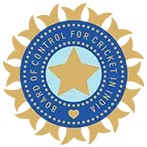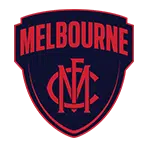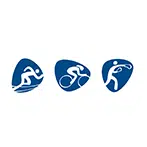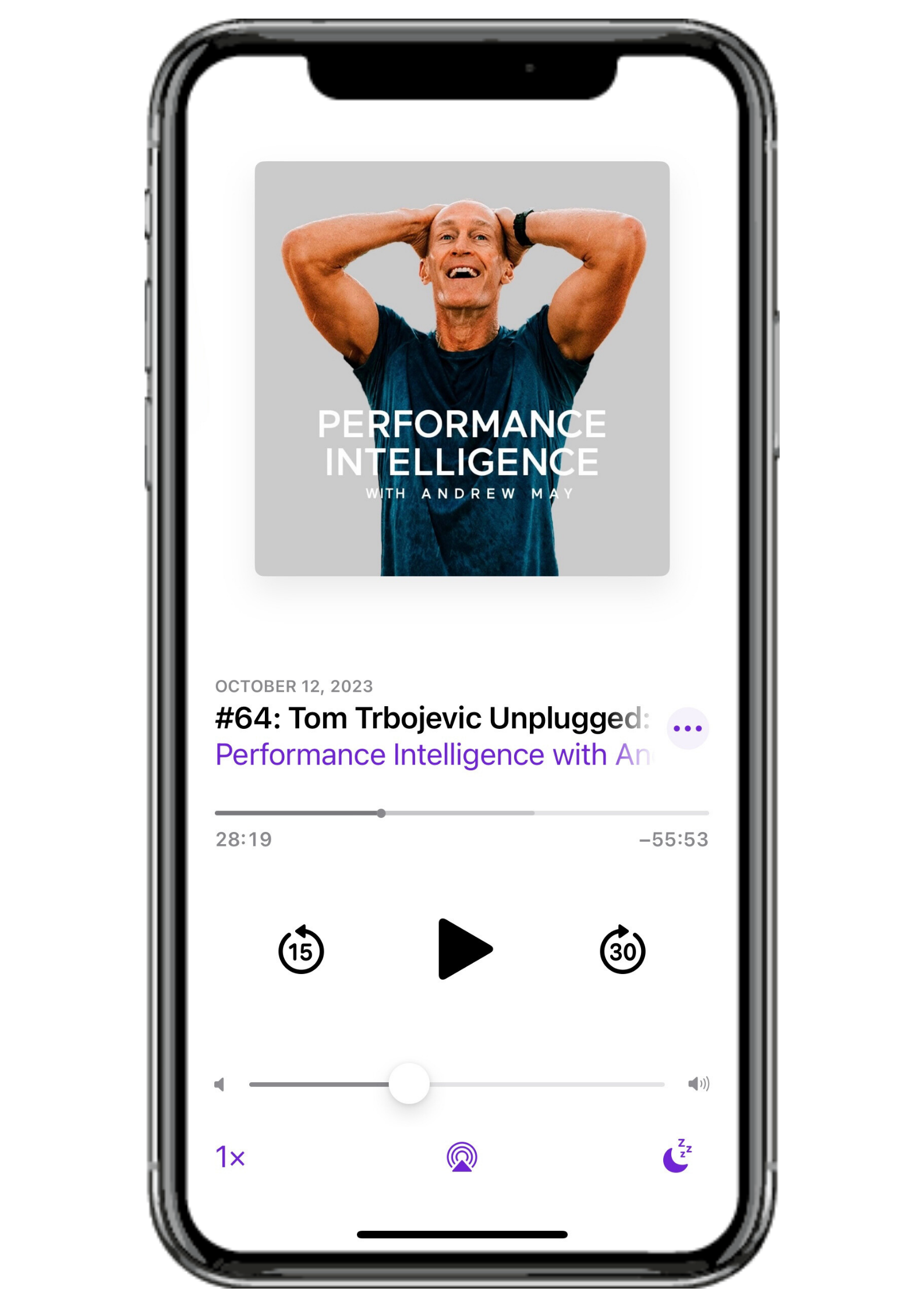Andrew has been a great supporter on and off the bike. He has influenced me in searching further to develop the mental aspect of my training, not just relying on physical preparation. He has also helped with my public speaking skills and preparing for life after sport. Maysie has empowered me with the confidence to try new things, a quality I really admire.







